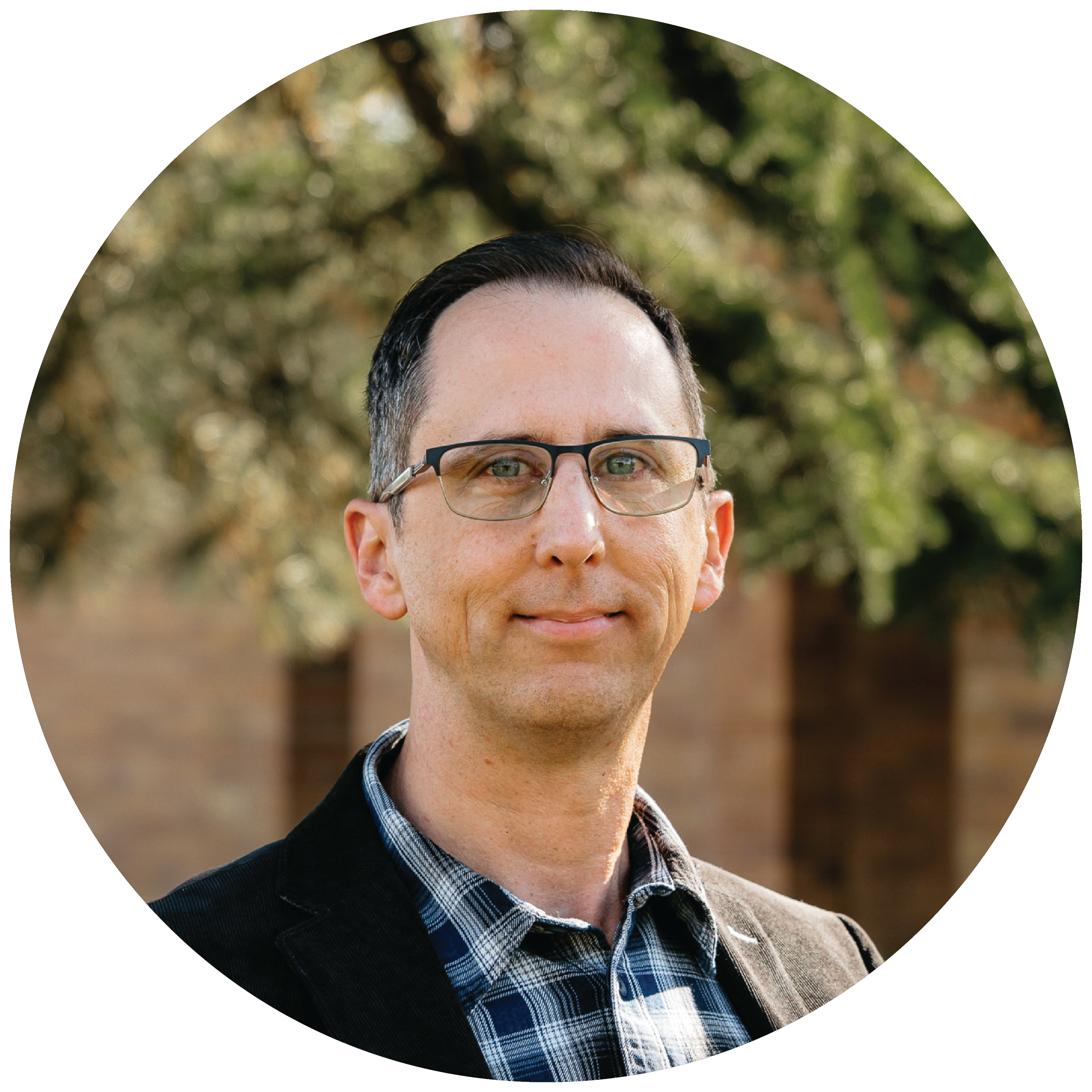There is a debate raging throughout post-modern society surrounding the afterlife. Many scientists, like those who espouse Darwinism, argue there is no afterlife, while many spiritualists argue there is some form of eternal existence beyond this life. What about you? On which side of the debating pedestal do you stand?
Even those who claim to be orthodox Christian believers in the Bible are divided on the topic of the afterlife. Historically-speaking, this is not a new debate among Judeo-Christian circles. The Roman Catholic concept of Purgatory was introduced in the 2nd Century BC, while Universalism had its origin with early church father, Origen, in the 3rd Century AD. Between the two, in Jesus’ days, Sadducees dismissed all notions of the afterlife, while Pharisees defended its reality. Among those who do side with the afterlife, other lines are drawn especially over the existence and/or nature of hell. Some argue hell is symbolic, while others maintain it is literal.
All of this, and many more debates surrounding Heaven, hell and eternity, comprise the eternal debate.
Believers or unbelievers of an eternal hell, if we are honest, have likely surmised their position based on the bedrock issue buried at the base of the eternal debate: Would a loving God really send people to hell for all eternity?
The eternal debate is multi-dimensional. Similar to the nine concentric circles of torment of hell, as depicted in Dante’s Inferno, once you get through one debate, you find yourself on the threshold of the next of many more debates.

With a myriad of opposing opinions and positions on the existence and expectations of Heaven, hell and eternity, where is the eternally-minded person to find truthful answers for this infinitely important topic? Would it not be most logical to listen to one who has intimate knowledge of hell, and who has plenty to say about it? Just as Shadrach, Meshach and Abednego were flung into the fiery furnace, only to be later sprung from it (Dan 3:26-27), so Jesus went to hell and back, forever alive and ever victorious (1 Pet.3:18-20). Having witnessed firsthand the torment of hell, it is no wonder Jesus spoke more about hell than any other person in the Bible? Author, Max Lucado, has uncovered, “Thirteen percent of the teachings of Christ are about judgment and hell. More than half of his parables relate to God’s eternal judgment of sinners” (When Christ Comes, p.118).
With our own eternity hanging in the balance, let alone the eternity of those around us, should we not carefully listen to what Jesus has to say? Francis Chan and Preston Sprinkle, in their book, Erasing Hell, warns: “No one wants to ditch God’s plan of redemption, even though it doesn’t make sense to us. Neither should we erase God’s revealed plan of punishment because it doesn’t sit well with us” (p.136). Only the ignorant or arrogant would dare dismiss such an important topic as the eternal debate because of one’s personal prejudice rather than rational reason.
So again, I ask you, what do you believe?
Is there an afterlife waiting for all people?
If so, what kind of afterlife do you believe awaits us?
Specifically, do you believe the afterlife contains Heaven and hell?
What about purgatory? What biblical proof is there that such exists?
Do you believe hell is literal or symbolic, states of existence or actual places?
Furthermore, if hell is a literal place of torment, will those who go there eventually be annihilated, or will they consciously endure never-ending, excruciating torment?
To find out more about Saturday School and the speakers, go here!







